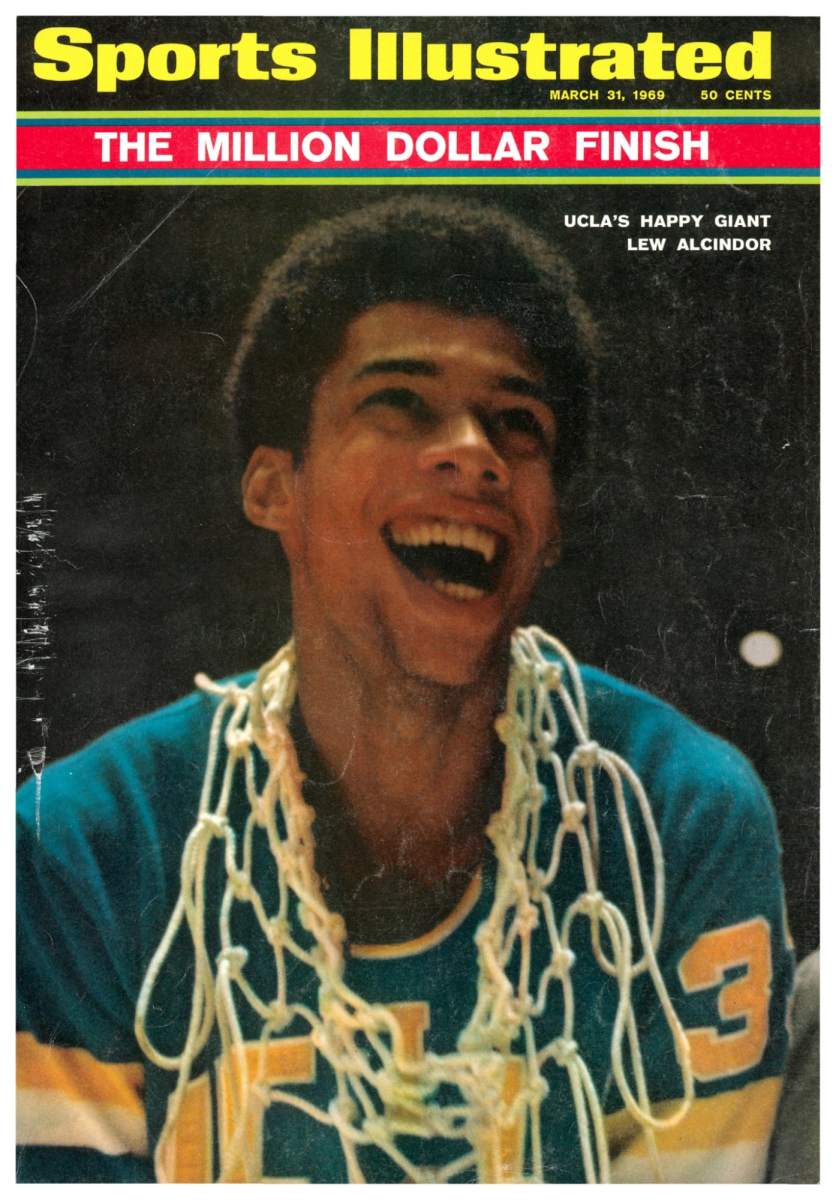SI:AM | The 2022 World Cup Field Is Almost Set, USMNT-Included
Good morning, I’m Dan Gartland. I’m very relieved the USMNT didn’t squander its World Cup qualification opportunity.
If you’re reading this on SI.com, you can sign up to get this free newsletter in your inbox each weekday at SI.com/newsletters.
The World Cup is fast approaching
Sometimes you can win by losing.
The U.S. men’s national team entered the final game of World Cup qualifying in prime position to punch its ticket to Qatar. After Sunday’s 5–1 win over Panama at home, the U.S. was assured of qualifying for the November tournament as long as it didn’t lose last night’s game in Costa Rica by six or more goals. As unlikely as a blowout that massive would be, memories of the Americans’ epic last-day collapse against Trinidad and Tobago in 2017 and their overall qualifying record in Costa Rica (0-9-2) were enough to make fans just a little bit nervous.
The U.S. did lose, but the score was only 2–0, thus securing its spot in the field in Qatar. The defeat made celebrating feel strange for the players at first.
“I think it took me a little bit for it to sink in,” Christian Pulisic said. “Once we got back in the locker room and just seeing all the guys, I think we’re allowed to be happy and proud that we’re qualified for a World Cup—because this process is not easy.”
As for the game itself, Brian Straus was in San José and wrote that the lively atmosphere in the Estadio Nacional helped propel Los Ticos to victory:
“Although the Americans dominated early, they couldn’t solve Navas. Costa Rica grew into the game and a poor 10-minute stretch midway through the second half sealed the U.S.’s very short-term fate. Costa Rica defender Juan Pablo Vargas and striker Anthony Contreras did the damage.”
The U.S. joins a list of 29 teams that have qualified for the tournament. The last three spots will be determined by a series of playoff matchups in the coming months, one of which will include Costa Rica. But even with a few spots left to be secured, the draw for the tournament will take place tomorrow at 12 p.m. ET. Marcus Krum has an explanation of how the draw will work.
The 2022 World Cup will run from Nov. 21 to Dec. 17 (because Qatar’s climate makes the traditional summer schedule impractical), which means U.S. coach Greg Berhalter will spend the next few months closely monitoring his players’ form as he prepares to select the squad that will get on the plane to the Middle East. A lot can happen between now and then, but Avi Creditor has an early projection for the USMNT roster.
The best of Sports Illustrated
Forty years ago, Cheyney State University played in the first women’s Final Four. Today, the school doesn’t sponsor women’s basketball. Ben Pickman has the story of the program in today’s Daily Cover.
Conor Orr reflects on Bruce Arians’s NFL coaching career following the announcement of his retirement. … First-year UNC coach Hubert Davis has silenced his critics and exceeded expectations, Pat Forde writes. … Ahead of Duke’s Final Four game, Greg Bishop looks back at how Paolo Banchero honed his game in Seattle.
Around the Sports World
An investment group is building an “NBA-ready” arena in Las Vegas. … Jersey City will hold a parade to honor Saint Peter’s for its NCAA tournament run. … That announcement came hours before Seton Hall hired Peacocks coach Shaheen Holloway. … Country musician Eric Church canceled a concert Saturday night so he can watch his North Carolina Tar Heels in the Final Four. … Barcelona and Real Madrid set a new world record for attendance at a women’s soccer game. … Jim Harbaugh has named Colin Kaepernick an honorary captain for Michigan’s spring game.
The top five...
… NBA moments from last night:
5. Marcus Smart getting a standing ovation for being ejected
4. LaMelo Ball’s career-high 15 assists
3. Jordan Poole’s ill-advised half-court shot with five seconds still on the clock
2. Chris Paul’s floater to extend the Suns’ lead to three (hence why Poole felt the need to pull up from half court)
1. Miles Bridges’s windmill dunk
SIQ
Which current Supreme Court justice (then a federal district judge) issued a ruling on this day in 1995 that effectively ended the MLB strike?
Yesterday’s SIQ: Which school had the second-longest Final Four streak, and how long was it?
Answer: Ten years by the UCLA men’s team from 1967 to ’76. The Bruins reached 14 Final Fours and won 10 national championships from ’62 to ’80.
UConn’s dominance is even more amazing when you consider how different the tournament was during UCLA’s run. The 1967 and ’68 editions had only 23 teams, and from ’69 to ’74 there were 25 teams, so UCLA got a bye into the regional semifinals (the Sweet 16). For the last two years of the streak, there were 32 teams in the tournament, so UCLA had to win only three games to reach the Final Four. Compare that to the four wins needed to capture a regional championship under the current 68-team format.
That isn’t to say that UCLA’s streak isn’t incredibly impressive, but to be as successful as UConn has been during an era when even more schools are investing heavily in sports is a remarkable achievement.
From the Vault: March 30, 1981

Speaking of UCLA, Bruins star Kareem Abdul-Jabbar (known at the time as Lew Alcindor) landed on the cover of the March 31, 1969, issue of SI after leading his team to its third straight NCAA championship.
The Bruins lost just one game that season (by two points against USC in the final game before the NCAA tournament) and then breezed through the West Region to the Final Four in which they faced a stiff challenge from Drake. The Bulldogs, of course, didn’t have anyone who could see eye-to-eye with the 7'2" center. Drake coach Maury John assigned a 6'5" forward named Al Williams to guard him, which SI’s Joe Jares likened to “asking an elf to chop down a redwood with a fingernail file.” But Williams wasn’t alone:
“The strategy worked. While Drake’s fine guard, Willie McCarter, and a substitute guard, Gary Zeller, were doing most of their team’s critical scoring, Dolph Pulliam led a defense that so harassed the Bruins they could not see Alcindor well enough to get the ball in to him.”
Kareem wasn’t totally neutralized, though. He still had 25 points and 21 rebounds. UCLA hung on to beat Drake, 85–82, and then cruised past Purdue in the title game, 92–72, in what was the final game of Abdul-Jabbar’s college career. His dominance against the Boilermakers (37 points on 15-of-20 shooting and 20 rebounds) is even more remarkable when you consider that he wasn’t allowed to dunk. The NCAA had outlawed the dunk two years earlier in a move that purportedly came in response to the big man’s unstoppable offense.
Abdul-Jabbar was also dealing with off-court distractions before the Final Four. According to a second article in that same issue of SI, by Curry Kirkpatrick, Abdul-Jabbar had been upset about an article that appeared in a Los Angeles magazine the week before the team headed to Louisville.
“Written by a former official of the Black Students Union at UCLA, it was a misleading and damaging piece that portrayed Alcindor as a racist bent on separatism and dissatisfied with his school and country,” Kirkpatrick wrote. “Alcindor was greatly upset by all this and further disturbed over the use of colloquial phrases attributed to him. He felt he had been made to look foolish and illiterate.”
But Kareem cleared the air with his teammates and in a televised interview. Then he put the issue behind him and led his team to victory.
Check out more of SI’s archives and historic images at vault.si.com.
